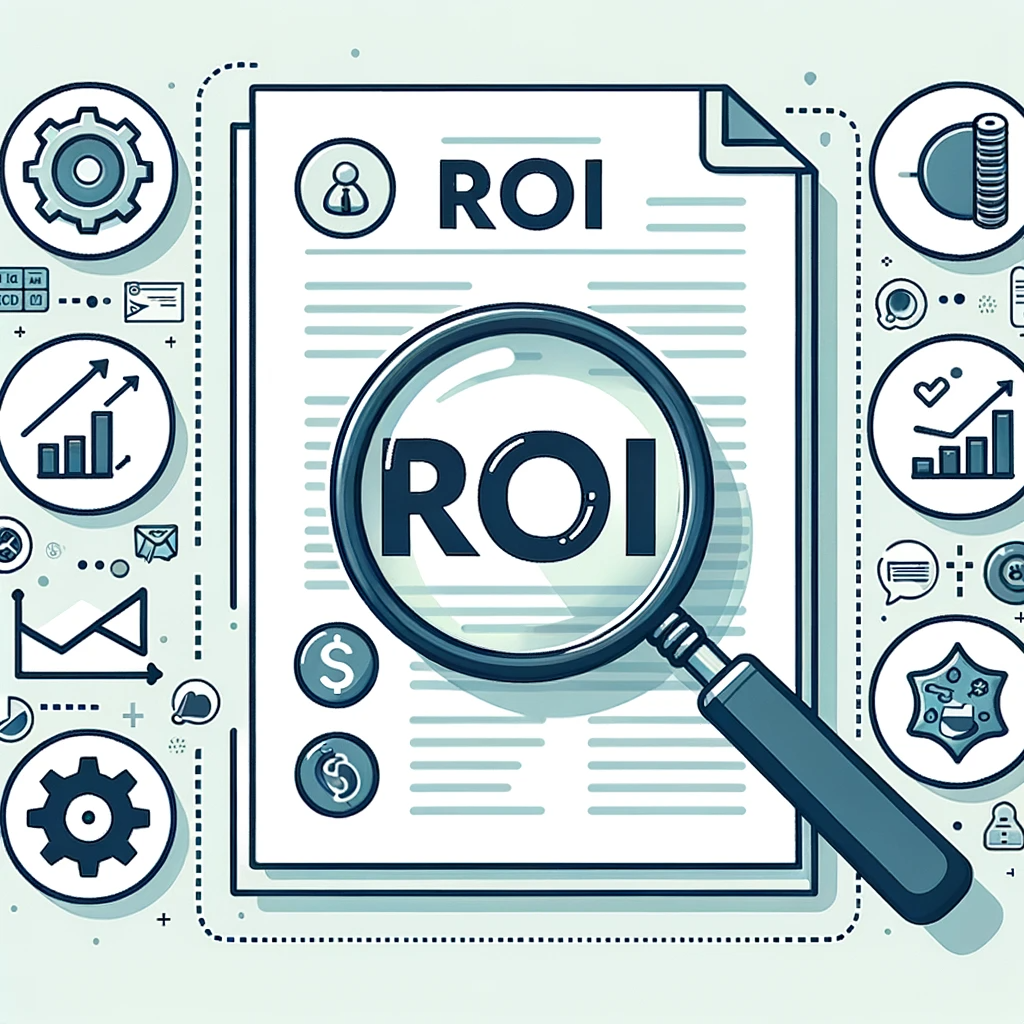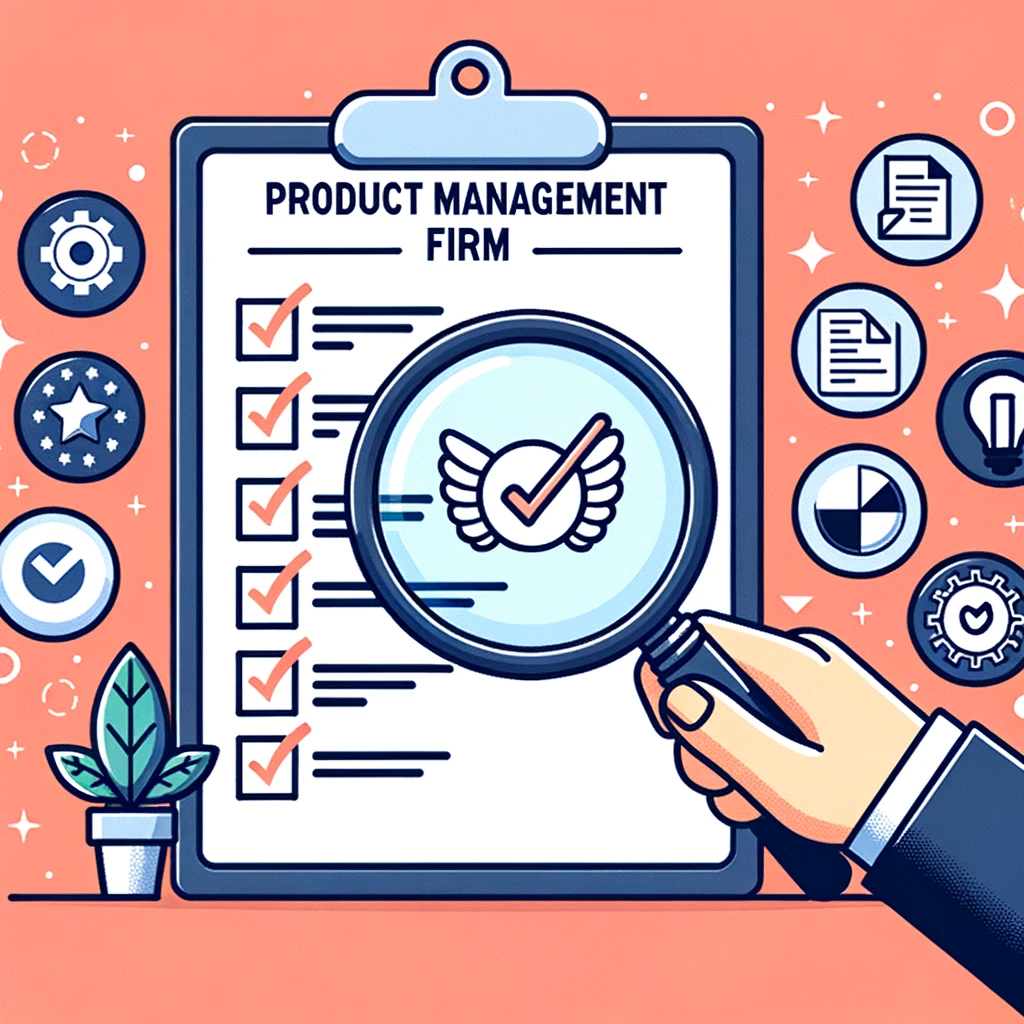When it comes to managing a product from conception to end-of-life, there are few concepts as important as Product Lifecycle Management (PLM). Whether you’re in software, manufacturing, or any other industry, understanding PLM can be the difference between a product that thrives and one that barely survives. But knowing the concept is just the starting point; the real magic happens when you partner with the right product lifecycle management companies to execute your vision.
In this article, you’ll not only understand why PLM is a crucial component for modern businesses but also learn how to make an informed decision when choosing a PLM company. Read on to empower your role as a Product Manager, Product Owner, or Head of Product with actionable insights and data-driven strategies.
Why Product Lifecycle Management Matters
Brief Overview of PLM
Product Lifecycle Management is the integrated management of all the activities that a product undergoes from its conception, through design and manufacture, to service and retirement. It’s not just a fancy term; it’s an operational strategy that enables companies to bring products to market faster, with higher quality, and at a reduced cost.
The Role of PLM in Modern Businesses
PLM is not just a process or a software solution; it’s a business strategy that requires the integration of people, processes, and technology. In the era of digital transformation, PLM allows businesses to be more agile and responsive to market needs. It serves as the central data hub for a company, bringing together disparate departments such as engineering, marketing, and sales to work in a cohesive manner.
Real-World Impact: Case Study or Data Point
To underscore the importance of PLM, let’s look at a real-world example. According to a study by Tech-Clarity, companies that have effectively implemented PLM strategies have reduced their time-to-market by an average of 15% and cut down product development costs by up to 20%. This is a compelling reason for anyone in a product-related role to sit up and take notice.
By focusing on PLM and choosing among the leading product lifecycle management companies wisely, you can significantly impact your bottom line and ensure your products not only reach the market but dominate it.
So, whether you are a seasoned Product Manager or a newcomer in the field, understanding PLM and aligning with the right PLM partner can be a game-changer. Stay tuned as we dive deeper into how to make this critical choice for your business.

Factors to Consider When Choosing a PLM Company
Selecting among the myriad of product lifecycle management companies isn’t a decision to be taken lightly. There are several key factors you should consider to ensure that the company you choose aligns with your business objectives. Let’s break down these factors:
Expertise and Experience
Look for a PLM provider that has substantial expertise in your specific industry. An experienced company will be better equipped to understand the unique challenges your business faces. Check their track record, see if they’ve worked on projects similar to yours, and don’t hesitate to ask for case studies.
Technological Capabilities
Modern PLM is not just about managing product data; it’s about leveraging technology to improve processes, make data-driven decisions, and enhance collaboration. Assess the technological capabilities of the PLM companies you’re considering. Look for features like cloud storage, real-time collaboration, and integration with other software you’re already using.
Industry-Specific Solutions
Different industries have unique needs and compliance standards, be it automotive, healthcare, or software. Opt for a PLM company that offers solutions tailored to your industry’s specific requirements.
Budget Considerations
While you shouldn’t skimp on a PLM solution, it’s crucial to find one that fits your budget. Many PLM providers offer scalable pricing models that can accommodate small startups to large enterprises. Consider the long-term value the solution will bring to your company in addition to the upfront costs.
Scalability
As your business grows, your PLM needs will evolve. The PLM system you choose should be flexible enough to adapt to changing requirements. Consider how easily you can add new features or users and whether the system can integrate with other platforms as your tech stack evolves.
Top Questions to Ask Potential PLM Providers
Before making your final decision, you’ll want to grill potential PLM providers with a series of questions that get to the heart of what you need. Here are some questions you shouldn’t shy away from:
What is your experience in my industry?
Understanding a PLM provider’s track record in your specific industry can offer valuable insights into how well they will be able to meet your needs.
Can you provide references or case studies?
A reputable PLM company should be able to provide references or case studies that prove their competency. This tangible evidence can often be the deciding factor when making your final choice.
How easily can your solution be integrated into our existing systems?
Integration is a huge part of implementing a new PLM solution. You’ll want to ensure that the software can seamlessly integrate with your existing tools to avoid disrupting current operations.
What post-implementation support do you offer?
After-sales support is a critical aspect that many overlook. Find out what kind of customer service and technical support the company provides. Also, inquire about any training programs to help your team make the most of the new system.
By carefully considering these factors and asking the right questions, you’ll be well-equipped to make an informed choice among the available product lifecycle management companies. This will help ensure that the PLM system you select will not only meet your immediate needs but also scale with your business in the long run.
Evaluating PLM Solutions
So, you’ve shortlisted a few product lifecycle management companies and you’re now at the crucial evaluation stage. The questions you ask and the evaluations you make can often be the difference between selecting a PLM solution that supercharges your product management process or one that slows it down. Let’s dive in.
Software Demo: What to Look For
Never underestimate the importance of a software demo. It’s your opportunity to see how the system actually functions, beyond the glossy specs and features listed on a website. Pay attention to the user interface, the ease of navigation, and how well it integrates with software that you already use. Take notes and, if possible, involve a cross-section of your team in the demo to get multiple perspectives.
Vendor Assessment Checklist
Having a vendor assessment checklist can be a lifesaver when evaluating PLM solutions. Here’s a quick list to get you started:
- Functionality: Does it offer all the features you need?
- Scalability: Can it grow along with your business?
- Usability: Is it user-friendly?
- Integration: Does it integrate smoothly with your existing software ecosystem?
- Support: What types of customer support and post-implementation services are offered?
- Cost: Does it fit within your budget?
Common Pitfalls to Avoid
- Ignoring Future Needs: Always consider scalability. Your needs today might be different from your needs two years down the line.
- Overlooking Hidden Costs: Be cautious of any additional costs like maintenance, support, or additional modules.
- Insufficient Vendor Research: Don’t just rely on the sales pitch; dig deep into customer reviews, request case studies, and possibly speak to current clients.
ROI Considerations
So, you’ve shortlisted a few product lifecycle management companies and you’re now at the crucial evaluation stage. The questions you ask and the evaluations you make can often be the difference between selecting a PLM solution that supercharges your product management process or one that slows it down. Let’s dive in.
Software Demo: What to Look For
Never underestimate the importance of a software demo. It’s your opportunity to see how the system actually functions, beyond the glossy specs and features listed on a website. Pay attention to the user interface, the ease of navigation, and how well it integrates with software that you already use. Take notes and, if possible, involve a cross-section of your team in the demo to get multiple perspectives.
Vendor Assessment Checklist
Having a vendor assessment checklist can be a lifesaver when evaluating PLM solutions. Here’s a quick list to get you started:
- Functionality: Does it offer all the features you need?
- Scalability: Can it grow along with your business?
- Usability: Is it user-friendly?
- Integration: Does it integrate smoothly with your existing software ecosystem?
- Support: What types of customer support and post-implementation services are offered?
- Cost: Does it fit within your budget?
Common Pitfalls to Avoid
- Ignoring Future Needs: Always consider scalability. Your needs today might be different from your needs two years down the line.
- Overlooking Hidden Costs: Be cautious of any additional costs like maintenance, support, or additional modules.
- Insufficient Vendor Research: Don’t just rely on the sales pitch; dig deep into customer reviews, request case studies, and possibly speak to current clients.
Conclusion
Choosing the right PLM solution from the available product lifecycle management companies is not just a technical decision; it’s a business decision that has far-reaching implications. From streamlining your product development process to facilitating better collaboration among your team, the right PLM system can be a game-changer.
However, making an informed choice involves considering a myriad of factors, from the vendor’s expertise and technological capabilities to ROI considerations. By adhering to the guidelines outlined in this article, you’re well-equipped to make a choice that aligns with both your immediate needs and long-term business goals.
FAQ
What are product lifecycle management companies?
Product lifecycle management companies provide software solutions designed to manage a product’s lifecycle from conception through design and manufacture, to service and disposal. These companies offer various services, including data management, design integration, and process management.
How do I choose the right PLM company for my business?
Selecting the right PLM provider involves considering multiple factors like the company’s expertise in your industry, technological capabilities, scalability, and budget considerations. A thorough evaluation process, including software demos and vendor assessments, can help make an informed decision.
What are some common pitfalls to avoid when choosing a PLM system?
Some common pitfalls include ignoring future scalability, overlooking hidden costs, and failing to conduct sufficient research into the PLM provider’s track record and reputation.
How do I measure the ROI of a PLM system?
ROI can be measured by evaluating both direct and indirect benefits, such as cost savings, revenue generated, improved team collaboration, and customer satisfaction. Metrics like time-to-market, product development costs, and quality metrics are key to measuring ROI effectively.
Are industry-specific PLM solutions better?
Industry-specific solutions are often tailored to meet unique regulatory requirements and challenges in a particular sector. If your industry has specialized needs, an industry-specific PLM may be more beneficial.
Need help with Product Lifecycle Management?
If you found this guide helpful and are interested in exploring more about product management, feel free to check out our freelancers here.
You’ll get the latest insights, case studies, and actionable advice delivered right to your inbox. Stay ahead in the dynamic world of product management.



